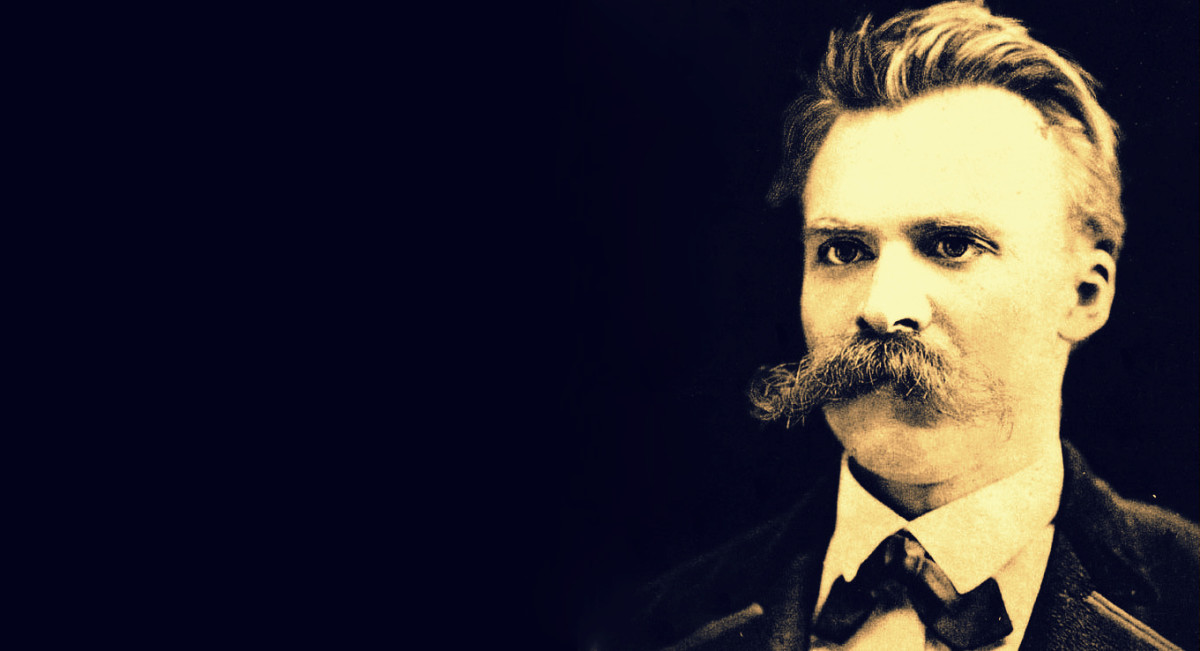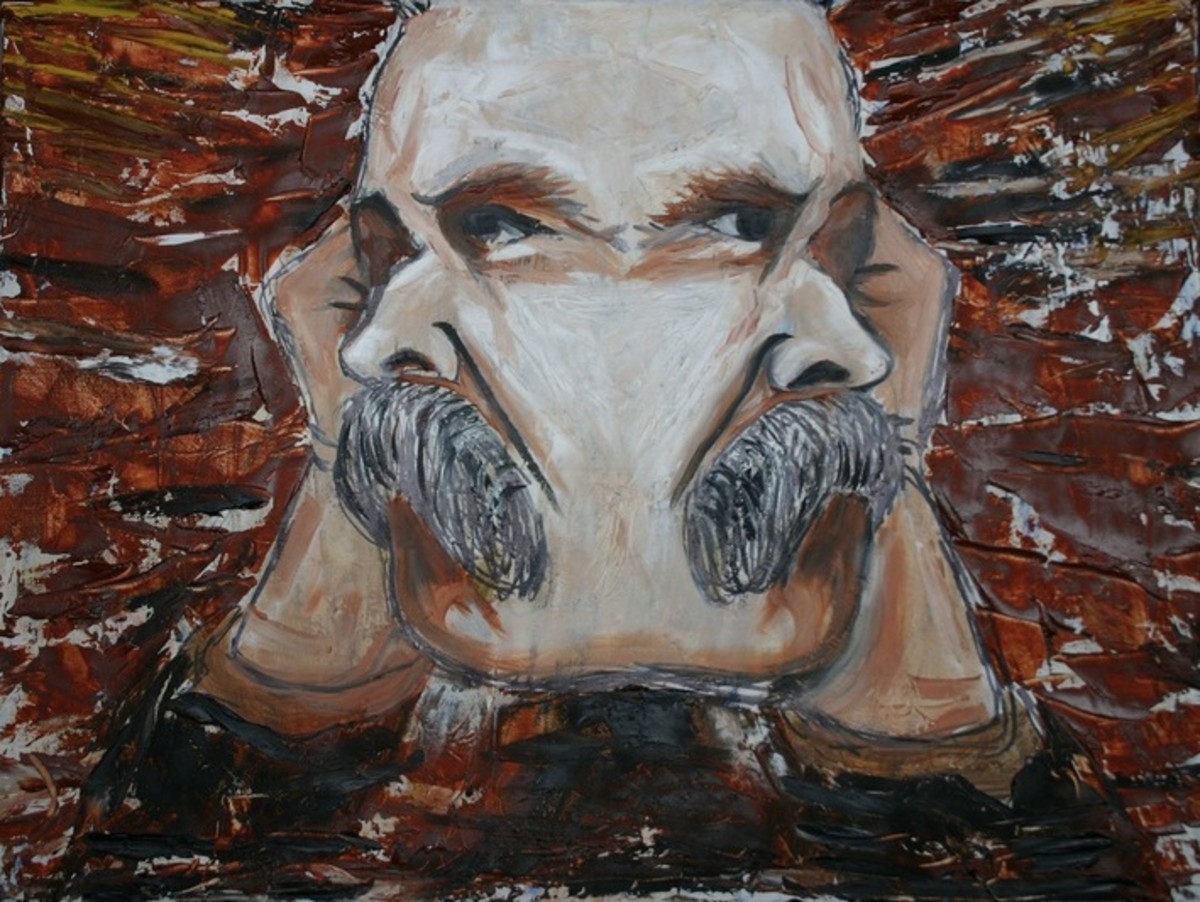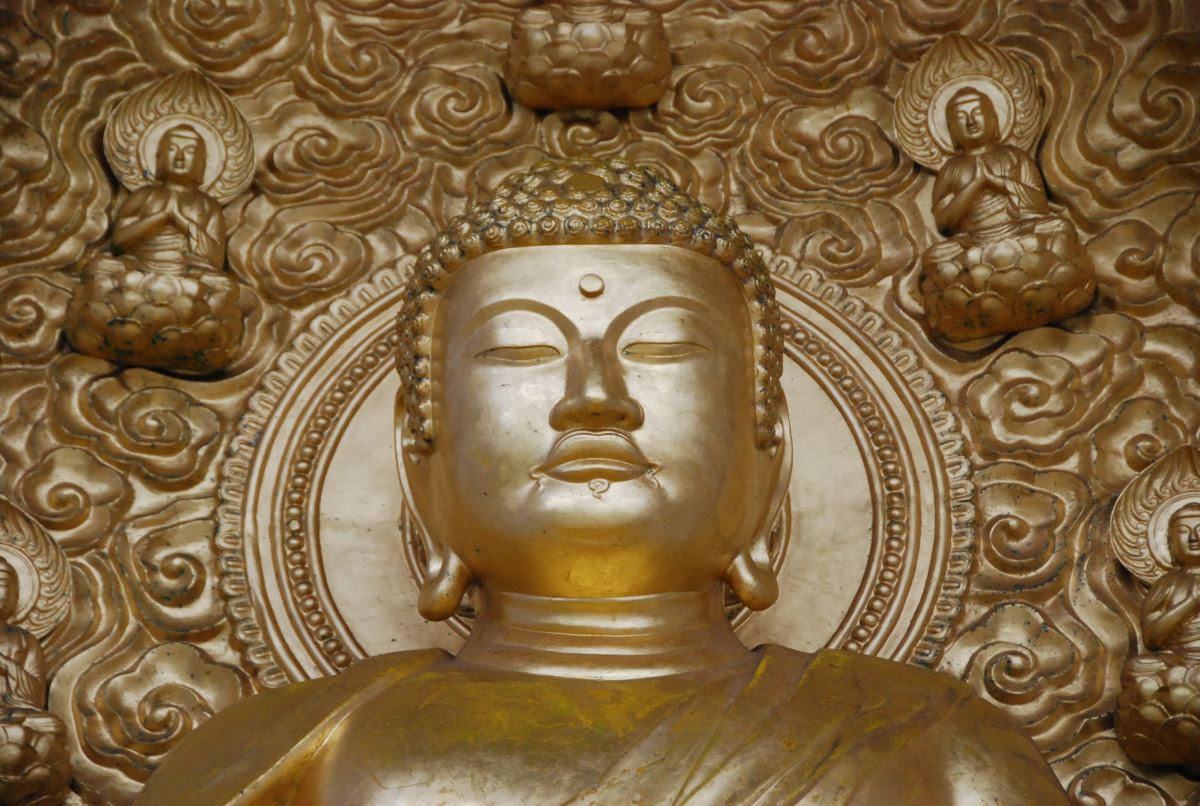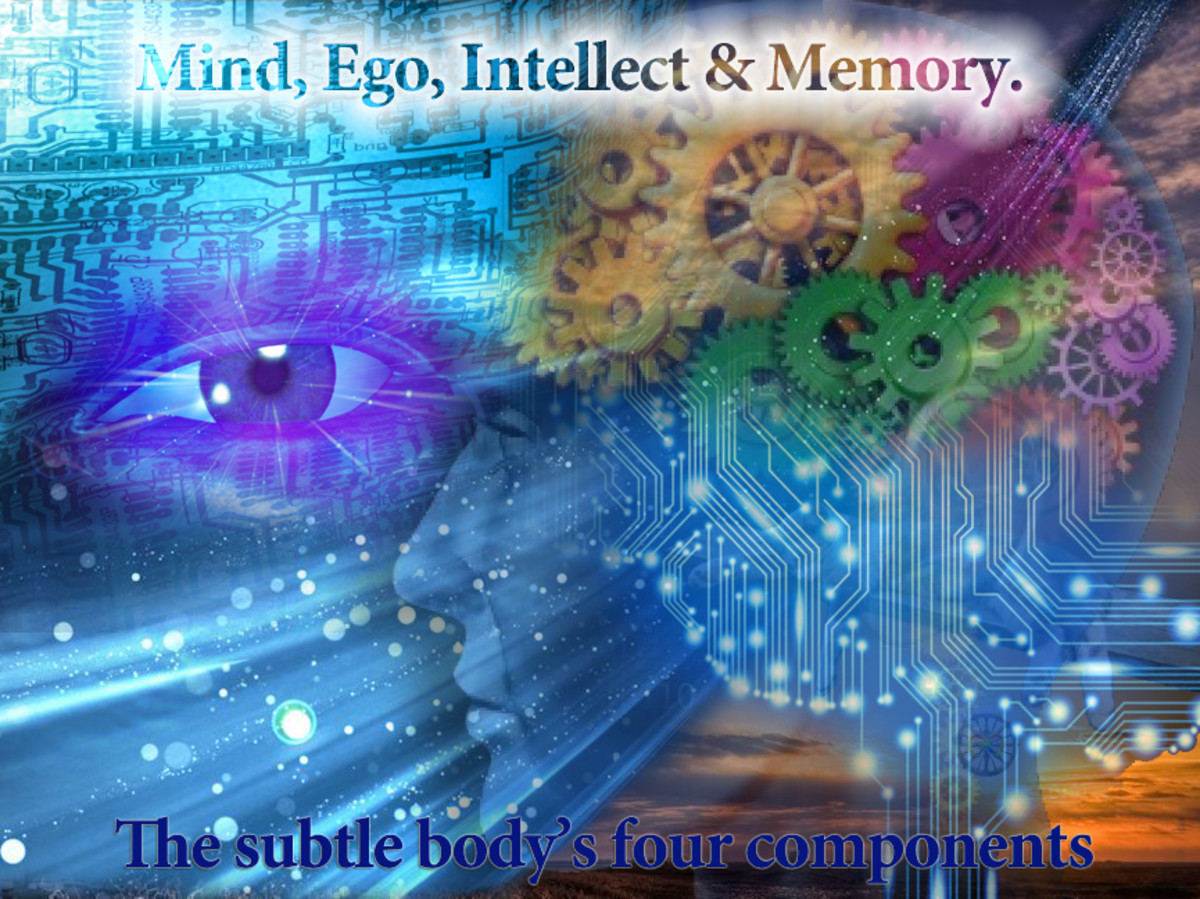Friedrich Nietzsche, "Thus Spoke Zoroaster"
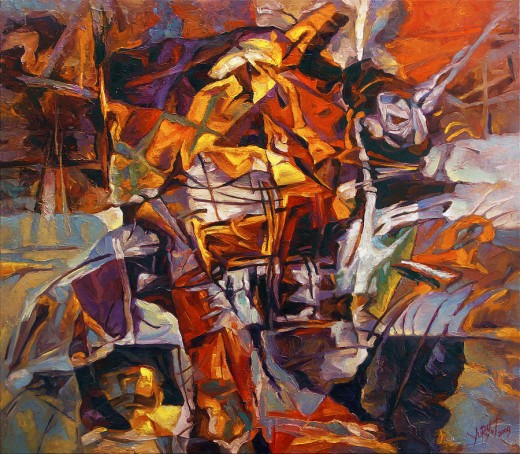
The term "Superman" has provoked a sharp debate, of which Nietzsche is not innocent. His language, borrowed from biology, has been particularly encouraged by the interpretation that full man is a kind of racist education, in the sense of the fascist man. He has always emphasized the ideal of a strong fighter who abandons all values, and of the whole man, whom he called "madness", which must be "fed" to the old man.
Nietzsche not only contradicted the entire Christian religious tradition, but also contradicted the tradition of Greek metaphysics, which was defined by both Plato and Aristotle, who always exceeded "reason" over "material". Nietzsche is therefore an enemy of rationalism. What was before was a cursed evil: flesh, lust, instincts and love of self, now turned into positive value. Which was considered good before that: the conviction and asceticism and love of others, turned into signs of degeneration. A perfect human being trusts in the body more than the mind, and is destined to the earth, which is not considered a dead substance, but a creative creative force.
In this new view of the earth and the world, the difference between Nietzsche and Schönbacher becomes clearer. This pervasive power in everything that controls the world is seen by Nietzsche from a positive angle. It is the deity, the ecstasy, the life, and the death. The force that influences the body and the earth and with it energy, which Schopenhauer called "will", which he saw as aimless and contradictory to itself, represents in Nietzsche the source of all true values and virtues: so Nietzsche changed Schopenhauer's will to "the will of power".
The will is dealt with in Section II of the book in particular. Here Nietzsche does not think of power and political authority in the first place, but thinks of energy, which drives man to a higher and higher degree to reach self-perfection. Nietzsche also calls it "the eternal will of life that is inexhaustible".
«Achievement», «proof», «process» This number of important qualities, which characterize this force, which Nietzsche understood in a positive way. By the term "the will of power," Nietzsche himself has interpreted the world a metaphysical explanation, although he is a clear opponent of "beyond nature". The world is in its real essence a Dionysian, and Zoroaster is the prophet of this world. He speaks in the spirit of Dionysos (God of ecstasy, life and death).

Even so, Nietzsche has yet to reveal his deep idea, which is the idea of "the eternal return of the same thing," which occurred to him as he strolled along the shores of Lake Silva Blaner.
It is disclosed in Section III of the book, and here too Nietzsche does not dispense with an "evangelical counterpart". While the creation of God took the world seven days in Genesis, Zoroaster must retire and rest for seven days, so that he has the strength to express his thoughts. The world is a dance and an innocent play, a perpetual and renewed being subject to an eternal power of creative influence.
Nietzsche fashioned the eternal cycle of time in the form of a symbol: every moment represents a portal, from which an infinite path moves back and forth. It is imperative that the raptor meet together somewhere. But because the number of possible events is final, each event must have occurred once, and it will repeat itself too infinitely. Everything that happened at any time, will always happen again: «Everything goes, and everything comes back, the rush of existence going on forever. Everything dies, everything flourishes again, the universe flows forever.
Thus, Nietzsche has given up the old Christian-era conception of time, whose history goes straight to a goal like a straight line, and is completed and fulfilled at some point. Instead, he renewed the understanding of history, adopted by ancient Greeks such as Herculeat, that changes in the world represent only the surface of a cycle according to the inevitable laws perpetuated immortal. We do not live in a final world facing an eternal Hereafter. The world itself, our earthly world is immortal. Acceptance of the world also means acceptance of eternity. In the chapter "The Seven Rings or the Song of Yes and Amen" by Nietzsche, each section of the poem ends with the words "For I love you, eternity". Nietzsche asks man to take a heroic attitude that accepts the inevitable, but goes to the world at the same time with ease and fun.
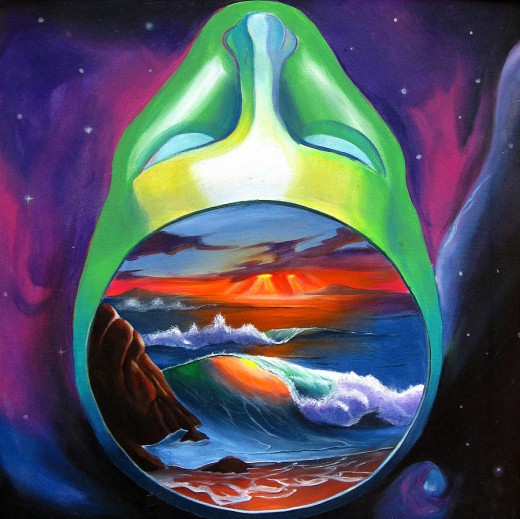
© 2019 Oussema Ben Romdhane


